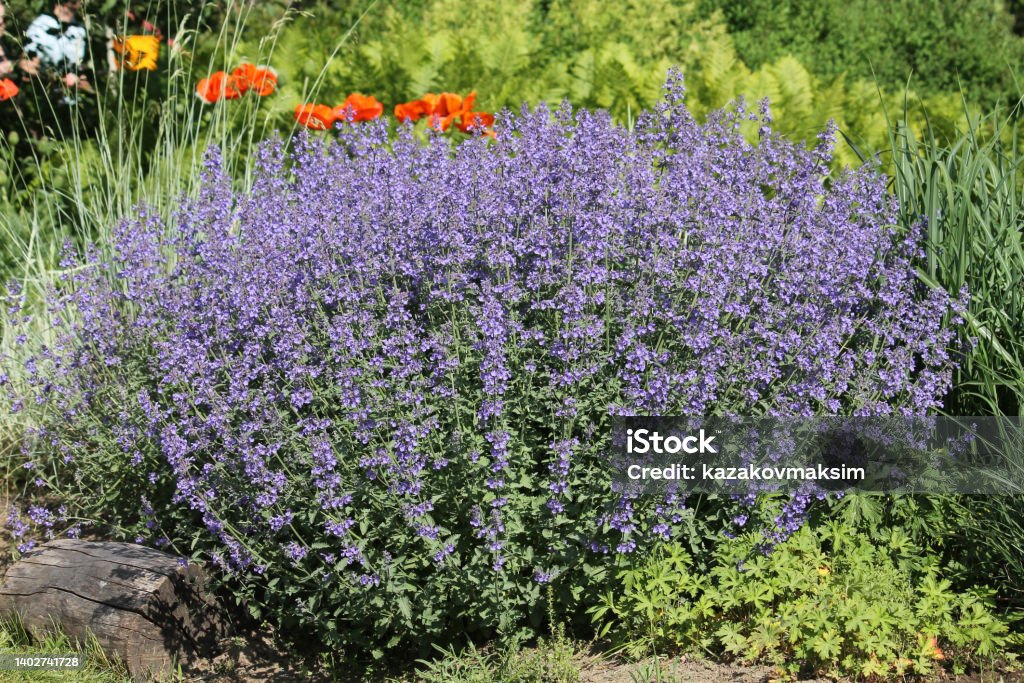(Test) Western herb: Catnip

Also called catmint, or catswort, Catnip, as can be assumed from its name, is an herb that contains special component that attracts cats. Hence, many American families make catnip pouches and hang them on their cat's collars.
Catnip is not only an herb that is well liked by the cats, but also an herb that also has many medicinal uses. Catnip is especially effective in digestive tract, releases tension, menstrual pain, and anxiety. For gardener's who are prone to frequent external wounds, catnip can be used as a convenient first aid herb.
From Europe to China, catnip has been used as medical herb for over 2000 years. With its lemony mint scent, catnip has been used in tea, flavoring for foods, and as treatments for cough and common colds.
It is also effective in relieving anxiety and fullness in chest, resolving phlegm, and releasing sweat, it was often used to clear fever.
Catnip historically has been used as a sedative, tranquilizer, menstruation promoter and pain reliever, and for flatulence. For colic or children's acute abdominal pain, catnip tea are used or small pouches were worn around the neck as aromatherapy to relieve the acute abdominal pain.
According to some literatures, toothache pain can be resolved by chewing the leaves, for bronchitis and asthma burning catnip is useful.
Catnip tea has been one of the favorites in the European regions.
Native Indians, like the Europeans, used catnip as an everyday drink and to treat indigestion and abdominal pain.
Between 1842-1882, catnip was recorded into American Pharmacopoeia as the herb for stomach and intestines, and in 1916-1950 was added to National Formulary which is used as a reference by the pharmacists.
Even today, catnip is widely respected and used for various illnesses such as early common cold, diarrhea, fever, as well as the traditional uses. Especially when taken as hot tea to treat early stages of common cold, over 95% of cases showed improvements in their symptoms. Hence, it's a must have herb for cold/flu season, and also useful for recuperative, improves blood circulation, especially for preventing abortion and premature childbirth, intestinal anxiety, flu, and illnesses.
Indications:
1. Promotes digestion
Catnip, like other mints, works on smooth muscles to aid digestion, and also has anticonvulsant properties. For distention after eating or heartburn, drink catnip for relief.
2.Eases menstrual pain
Catnip has anticonvulsant property, which not only helps digestion, but also works on uterus to ease menstrual pain, especially severe pain (traditionally, catnip has been used to promote menstruation, but recent studies have shown that it has no contraction effect on the uterus. However, in pregnancy, healthcare professional or acupuncturist should be consulted.
3. Can be used as tranquilizer
According to a German research, Nepetalactone, the substance that attracts cats is similar to Valepotriates, natural tranquilizer found in Valerian, act as the tranquilizer. Therefore, on days of tension headache or severe stress, drink a cup of catnip tea before bed is recommended.
4. Prevents infection
Catnip has anti-infective materials which can be used for bacterial diarrhea and fever. Catnip's anti-infective properties are not strong, but for certain infections, it can be used as a preventive measure. Moreover, it can be used for hiccup, morning sickness, anemia, and for elimination of nicotine, and a source of Vitamin A, C, and B complex, and etc.
Preparation:
Catnip with its mint scent is very enjoyable as a tea
1. Place 2 teaspoon of dried herb in 1 cup of hot water for 5-10 mins before drinking
Catnip is aromatic herb, so don't boil for too long, or it will loose its medicinal properties
2. Make into tincture and drink 1/2-1 teaspoon 3 times daily
3. For acute wounds, cut fresh catnip and wash the wounded area with it.
Caution:
Catnip doesn't have any particular side-effects but as with any herbs, consult medical professional or acupuncturist before using
There are no products to list in this category.

